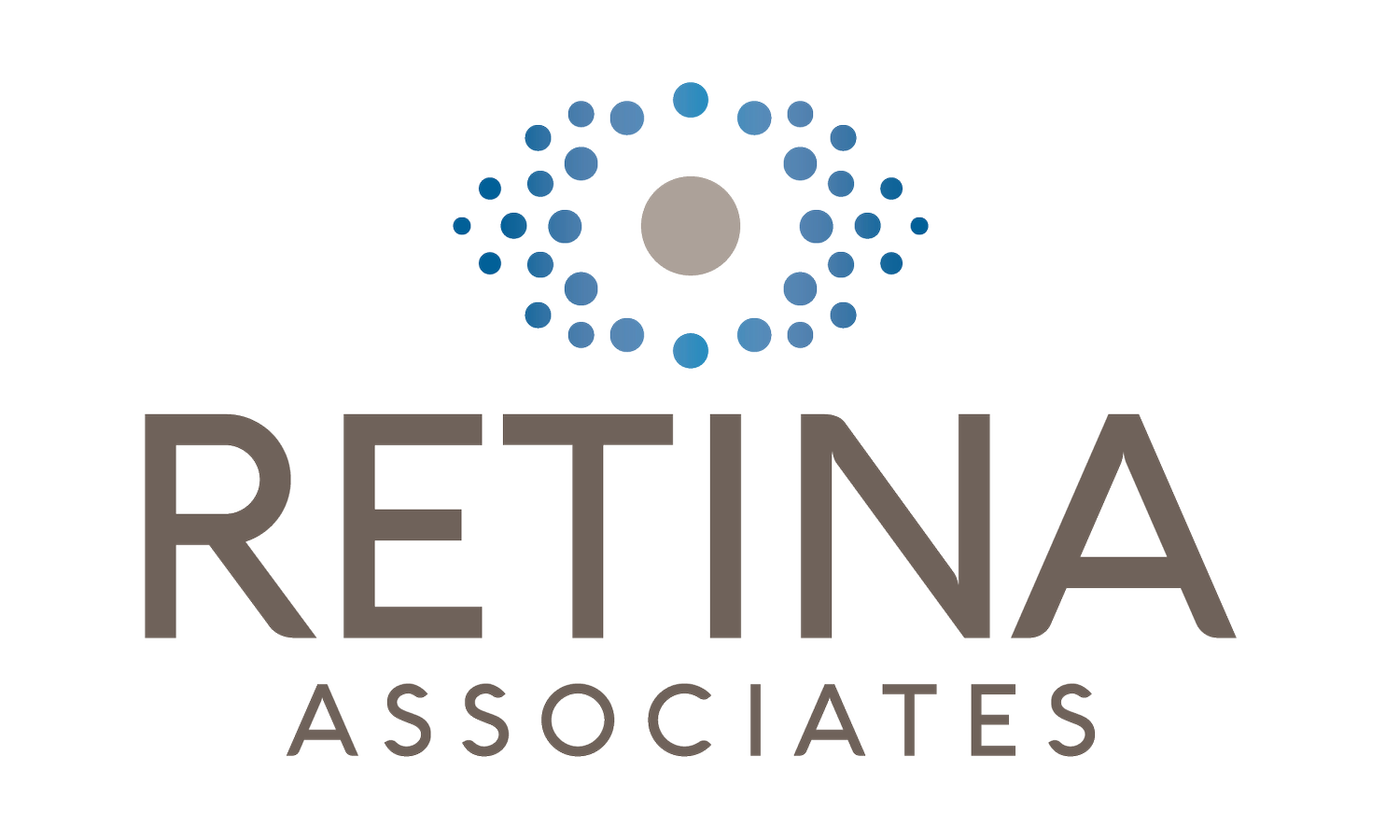The Connection Between Systemic Health and Retinal Disorders
Welcome back to our blog! Today, we’re delving into an important topic that often gets overlooked: the intricate connection between systemic health and retinal disorders. Understanding this relationship is crucial for maintaining not just overall health but also the health of your eyes.
The Impact of Systemic Health on Retinal Health
The retina, the light-sensitive layer at the back of the eye, can be affected by various systemic health conditions. Here’s a closer look at how common systemic conditions can influence retinal health:
1. Diabetes and Diabetic Retinopathy
Diabetes is one of the most significant risk factors for retinal disorders. High blood sugar levels over time can damage the blood vessels in the retina, leading to a condition known as diabetic retinopathy. This condition can cause symptoms ranging from blurred vision to severe vision loss if not managed properly.
How It Affects the Retina:
Blood Vessel Damage: Elevated blood sugar can lead to the formation of abnormal blood vessels in the retina.
Fluid Leakage: Damaged blood vessels may leak fluid, leading to swelling and vision problems.
Regular monitoring of blood glucose levels and adherence to a diabetes management plan can help reduce the risk of diabetic retinopathy. Routine eye exams are essential for early detection and intervention.
2. Hypertension and Hypertensive Retinopathy
Hypertension, or high blood pressure, can also have serious implications for retinal health. The condition can lead to hypertensive retinopathy, where elevated blood pressure causes changes in the retinal blood vessels.
How It Affects the Retina:
Blood Vessel Narrowing: High blood pressure can cause the blood vessels in the retina to narrow, restricting blood flow.
Retinal Hemorrhages: Increased pressure may result in bleeding in the retina, affecting vision.
Controlling blood pressure through medication, diet, and lifestyle changes is crucial. Regular eye exams can help detect any changes in the retina caused by hypertension.
3. Autoimmune Diseases and Retinal Health
Autoimmune diseases, such as lupus or rheumatoid arthritis, can also impact the retina. These conditions can cause inflammation and other issues that affect the eye’s delicate structures.
How It Affects the Retina:
Inflammation: Autoimmune diseases can lead to uveitis, an inflammation of the middle layer of the eye, which includes the retina.
Vascular Damage: Some autoimmune conditions can affect the blood vessels in the retina, leading to vision problems.
Effective management of autoimmune conditions often involves a combination of medication and lifestyle adjustments. Regular check-ups with your healthcare provider and eye specialist are important for monitoring retinal health.
Why is this important?
The connection between systemic health and retinal disorders underscores how crucial it is to manage chronic conditions effectively. By keeping systemic health in check, you not only improve your overall well-being but also protect your vision.
Tips for Maintaining Systemic Health:
Regular Check-Ups: Schedule regular visits with your primary care physician to monitor and manage chronic conditions.
Healthy Lifestyle: Adopt a balanced diet, exercise regularly, and avoid smoking.
Routine Eye Exams: Regular eye exams are essential for early detection of any retinal changes related to systemic conditions.
Contact Us
If you have any concerns about how your systemic health might be affecting your eyes, call us at 540-722-3500. Our staff is here to support you with personalized care and treatment plans tailored to your unique needs.
Don’t forget to follow us on social media for the latest updates and insights into retinal health! Retina Associates can be found on Facebook, Instagram, LinkedIn.
We look forward to continuing to serve you and help you achieve the best possible vision and well-being.
Disclaimer: This post is for informational purposes only and is not a substitute for professional medical advice. Always consult with a physician or qualified healthcare provider regarding your specific health needs.
If you are experiencing a medical emergency, please call 911 or visit the nearest emergency room immediately.
